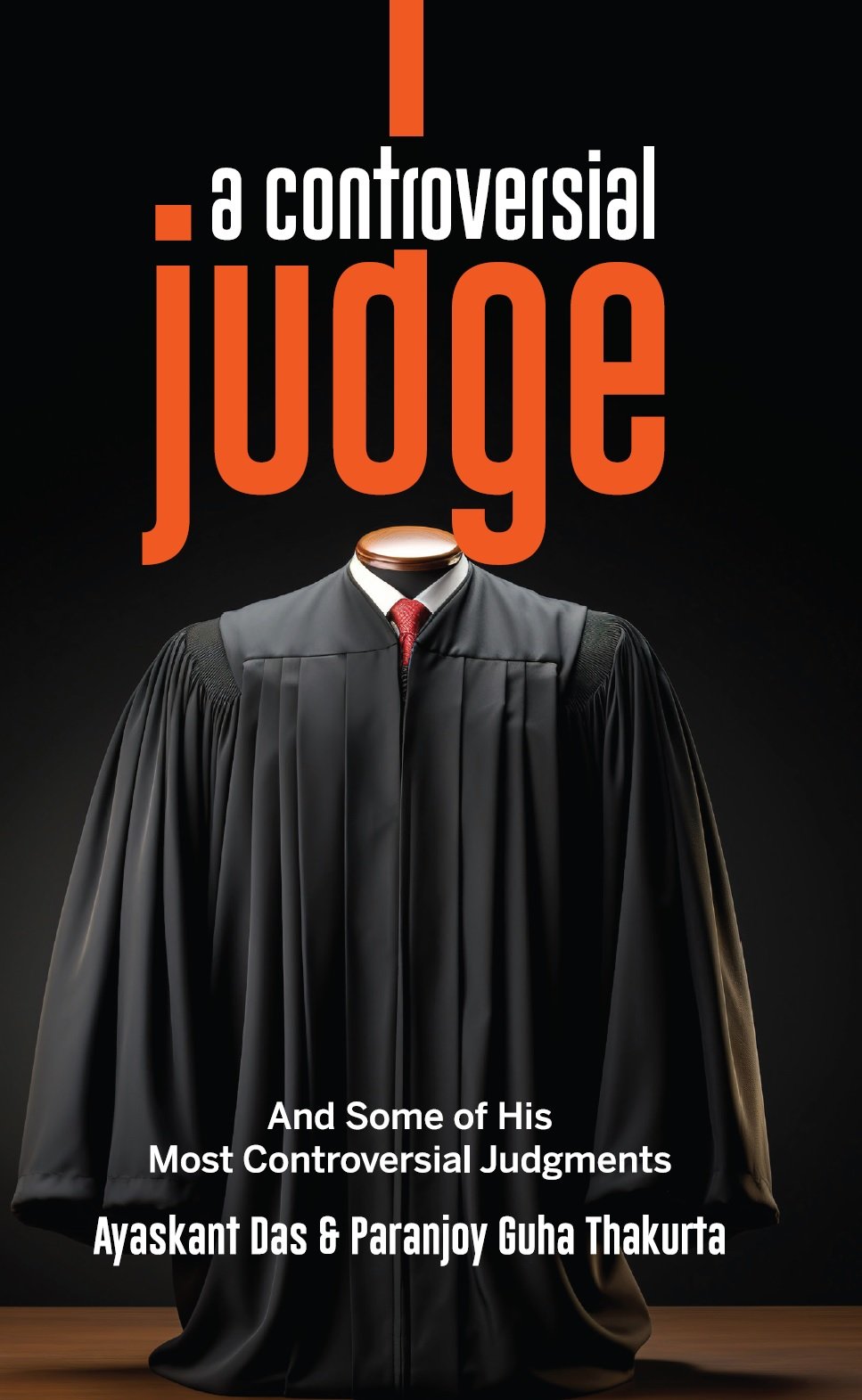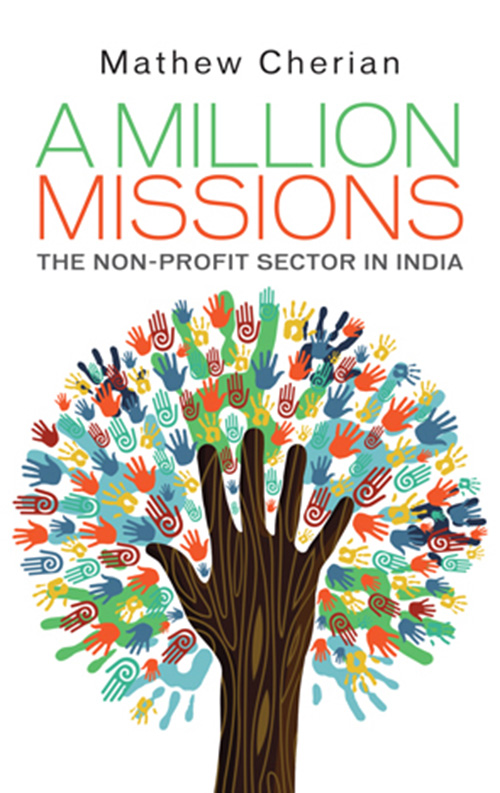Returning to the most recent controversy, the Adani group has been in the news of late after the Australian federal government allowed it to develop what will become that country's biggest (and one of the world's biggest) coal mine, as part of a giant $16 billion (nearly ₹1,00,000 crore) project to build a railway line to export the black mineral from Queensland's Galilee Basin to India and elsewhere through the Great Barrier Reef from an expanded port. The project has been opposed by local inhabitants (aborigines) and environmental activists.
Australia's Fairfax Media has reported that expensive gifts were given by the Adani group to leading politicians, including Prime Minister Tony Abbott, while not suggesting that this was linked to approval of the group's operations. A firm controlled by Australia's richest woman Gina Rinehart has reportedly partnered one of Adani's companies to jointly assess the port expansion.
With the surge in interest in the Australian media about Adani, Fairfax also published an investigative report into alleged ill-treatment of thousands of construction labourers hired by contractors engaged by the Adani group to build luxury houses on the outskirts of Ahmedabad, Gujarat's most-populous city. Spokespersons of the Adani group stated that it had not violated any law.
To some, Adani’s ambitious proposed investments in Australia in coal mining and the Abbot Point Port challenges the conventions of the coal trading business. On the one hand, much of the coal that is to be exported is meant for India.
On the other hand, Union Energy Minister Piyush Goyal is keen that this country's stops importing coal altogether -- be it from Australia, Indonesia or anywhere else. The reason is that India is said to possess substantial reserves of the mineral even if the quality of coal available in India is inferior to Australian or Indonesian coal.
Roughly two-thirds of the Carmichael coal, or about 40 million tonnes a year, is meant for India, with about half of the amount intended for Adani's own power plants. According to ABC Radio, Australia has never seen anything like this project. Neither, for that matter, has India.
When the mine becomes fully operational, it will become the biggest coal mining project in Australia by far (twice the size of the next biggest coal mine) and also one of the largest of its kind anywhere in the world. This "pioneering" project will reportedly pave the way for five other "mega" coal mining projects, including ones to be set up by another Indian conglomerate, the GVK group, and a Chinese group, Macmines.
Importantly, as the pioneering venture in the Galilee Basin, the Adani project is likely to have a multiplier effect. The rail and port infrastructure will probably bring to life five other proposed mega-mines with a combined capacity to produce 272 million tonnes of coal a year. In fact, the viability of the infrastructure being built depends crucially on these projects taking off, in order to share the cost of the build-up and pay for services.
In effect, Adani's moves will open up the entire Galilee Basin for mineral exploitation. The Basin is a 250,000 square kilometre area, slightly bigger than the United Kingdom, and is estimated to hold over 27 billion tonnes of coal.
The Adani group is reportedly facing opposition from native inhabitants. The Wangan and Jagalingou (W&J) Claim Group which represents indigenous traditional owners of the lands had rejected the proposed land use agreement signed in October 2014 by the Queensland government with the Adani group.
The group has sought legal action in the National Native Title Tribunal (NNTT) to get a favourable determination. In April 2015, the group issued a statement claiming that it had arrived at an agreement with the natives to provide them benefits from the world’s third largest coal mine. This statement was later refuted by a representative of the W&J Claim Group who described the Adani group's statement as "misleading".
The mine has been staunchly opposed by environmentalists on the ground that it would pollute the ground-water in the region and that carbon emissions would disturb the fragile and unique ecology of the Great Barrier Reef.
According to the Green Institute of Australia, the lifetime carbon dioxide emissions of the coal mined in the Galilee Basin would conservatively be 24.7 billion tonnes, which is about five per cent of the carbon budget available for the whole world between 2010 and 2050, if the people of the planet are to restrict global temperature increases to within 2 degrees Celsius.
Environmental scientists argue that the ecology of the Great Barrier Reef is already under pressure. Global warming could adversely affect the area even more. On top of this, the project would result in deposition of mud from the dredging of ports. The there would be dumping of coal dust and coal fragments. The movement of ships would increase the temperature of the water and air.
Over and above environmental considerations, the commercial viability of the project has also been questioned. Profitable extraction of coal is supposed to start by 2017 after building up the infrastructure. The US-based Institute for Energy Economics and Financial Analysis estimated in 2014 that the cost of coal produced is likely to remain above world prices in the foreseeable future and that full-scale production from the project could be delayed till as late as 2022. Thus, the Adani company could end up losing large amounts in the coming years.
In mid-November 2014, the heads of government of the Group of 20 (G20) countries met at Brisbane, the capital of Queensland. Prime Minister Modi's business delegation included Gautam Adani and SBI head Arundhati Bhattacharya. On their return journey, the MoU between the bank and the group was signed. Now it seems the agreement may be called off.
Adani has, by and large, been wary of the media, granting few interviews. In public, he has always been guarded in his remarks. He has claimed that he has always followed the law and that his proximity to politicians is on account of the fact that his firms are involved in infrastructural projects that require government support.
Those close to him have suggested that he has been targetted by Modi's opponents and envious business rivals. Adani's critics contend that his rise has been on account of his generosity towards political leaders and the prevalence of crony capitalism. Under the benevolent gaze of India's Prime Minister, will the Adani group grow from strength to strength? Or has it bitten off more than what it can chew in Australia?
While time alone can provide answers to these questions, Modi is evidently not particularly perturbed when his political opponents seek to deride him and describe his government as one that is beholden to the Adanis and the Ambanis. Why?
After all, nothing in the law of the land prevented Modi from using an aircraft loaned by Adani.


